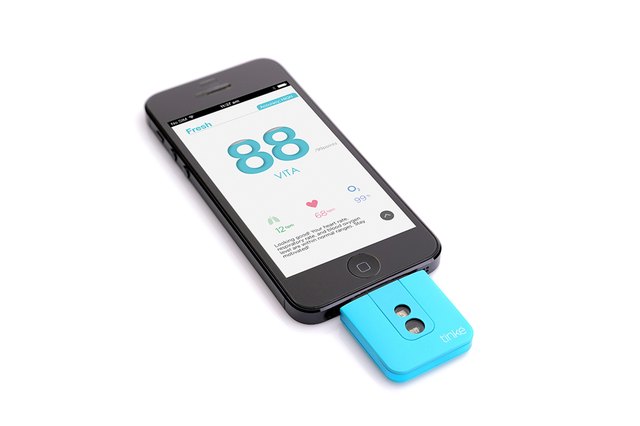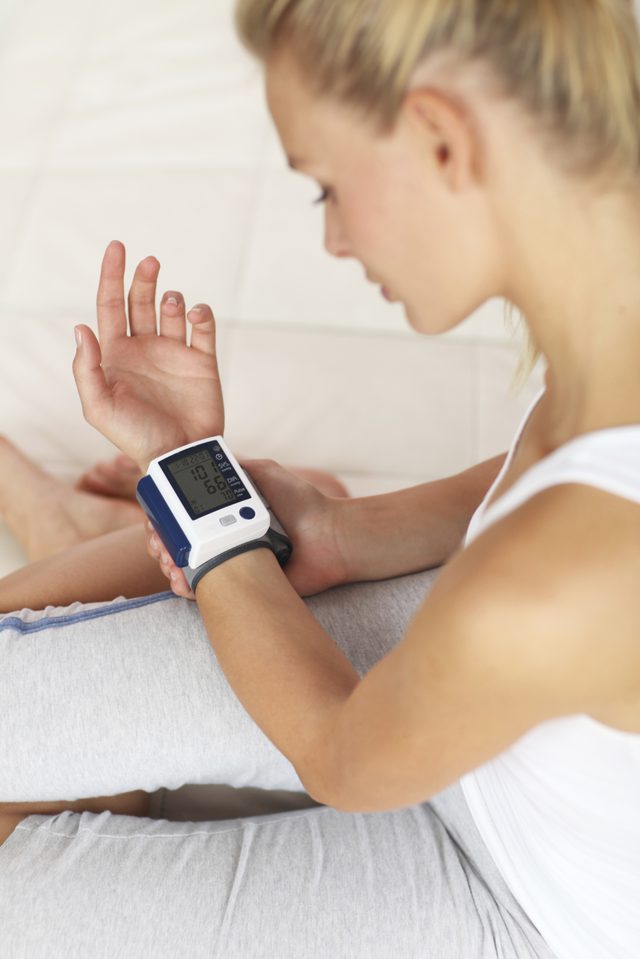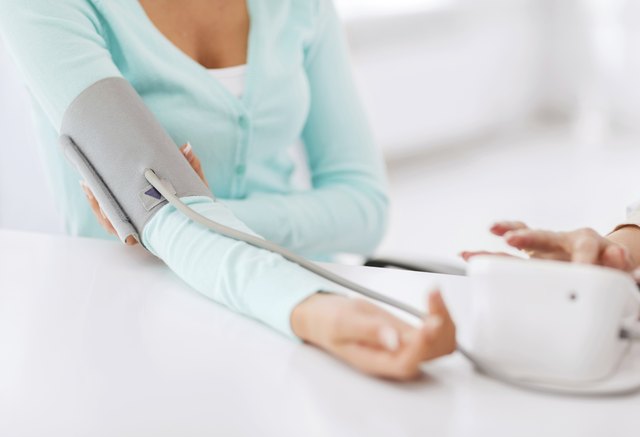
your heart beats 100000 times a day, so it's a good idea to pay attention to your hard work. In addition to staying active, achieving the recommended 30 minute exercise volume for most of the week, and controlling sodium and fat intake in your diet, the new heart monitoring device can also give you real-time feedback on your heart health. Here are the devices recommended by cardiologists and experts to track heart health and related vital signs. The credit: dolgachov / iStock / Getty Images use alivecor heart monitor to record any abnormal rhythm. The sensor is plugged into a smartphone and provides ECG readings of the heart. " It's useful for people with arrhythmias, palpitations, or just those who want to learn more about physiology and the electrical system of the heart, "said Brian C. Kolski, MD, a certified cardiologist on the board of directors of St. Joseph's Hospital in orange, California. It's also easy to use. " With this app, you can also record your drug, caffeine and alcohol consumption, or your sleep and exercise habits, so you can focus on the causes of any irregular heartbeat. Price: $74.99 related: learn more about the livecor heart monitor. Credit: provided by alivecor. Miofuse wear this device on the wrist, and you can get accurate ECG heart rate data without wearing a chest band. Mifuse also tracks your pace, pace, distance, and calories every day. Just connect it to your iPhone or Android phone, or sync it to your GPS Watch or favorite app, such as mapmyrun, strava or wahoo. " "It's great for athletes and patients who are interested in interval training," said Brian C. colsky, a cardiologist. This wristband has an optical sensor for tracking heart rate, which is the most important variable during training or exercise. "The display on the wristband will be updated based on your real-time heart rate, so you know how hard you work when you sweat. Price: $149.00 related: learn more about mifuse. Credit: provided by mifuse. ResMed S + sleep sensor analyzes and improves your sleep with personalized feedback from devices that don't even have to touch your skin. S + monitors your breathing and movement while you sleep and syncs with your smartphone or tablet. " "People don't realize how important sleep patterns and habits are to overall health," said Brian C. colsky, a cardiologist. Bedside sensors use this nighttime data and develop feedback on environmental factors and sleep quality, and within a few nights of using it, people report feeling more rested. Price: $149.99 related: learn more about the ResMed S + sleep sensor. Credit: provided by Resmed. With the ings pulse 02 Activity Tracker, most of the wearable devices on the market can measure your stride, distance and calories burned, and some can even measure sleep and heart rate. Within pulse oximetry measures all of this plus your blood oxygen level. It can be worn on clothes, on wristbands, or in a pocket. " "It's basically a scale that can help improve the environment, body composition and so on," said Brian C. colsky, a cardiologist. Measuring your blood oxygen level can help you assess the overall efficiency of your cardiovascular system during and after exercise. Price: $119.95 related: learn more about the with pulse 02 Activity Tracker. Credit: provided by Withings. Scanadu scout when you go to the doctor's office, the nurse will take your life. So are the scanandu scouts. Put the instrument on your forehead, you can immediately read your temperature, heart rate, blood oxygen saturation and so on. It can analyze, track and predict your vital signs, including systolic and diastolic blood pressure, in 10 seconds. Obviously, this device is not meant to replace your doctor, but you can use this result to share with your doctor and initiate a conversation about your health. Currently, the device is waiting for FDA approval, but you can sign up for email updates on their website to see when they can be widely used. related: learn more about scanadu scout. Credit: provided by scandu. Ihealthapple wireless pulse oximeter of course, this device looks a bit like what they have on their fingers in the hospital, but that's the point. This wireless device is clipped to your fingers and provides instant readings of your SpO2 and pulse rate. SpO2 is the concentration of oxygen in the blood. The normal level is between 95% and 100%. 90 to 95 percent is low, but is not generally considered a health problem, but concentrations below 90 percent may indicate hypoxemia, sleep apnea, asthma, or other problems requiring medical attention. Price: $69.95 related: understand ihealthon wireless pulse oximeter. if your blood pressure is very high in your doctor's office, it is very useful to track your blood pressure at home. Known as "white coat hypertension," anxiety can be given a temporary, erroneous high reading and hypertension misdiagnosis in the doctor's office. Taking notes of your day's reading can help your doctor determine if your office reading is correct. Type O mron's 10 series upper arm blood pressure monitor has been clinically proven to be accurate and can store up to 200 readings. In addition, the large screen is easy to read and provides an indicator to let you know whether your reading is within the normal range. Price: $79.99 related: learn more about Omron 10 series blood pressure monitor. Credit: provided by OMRON. Tinke is suitable for Android / Bluetooth or iPhone. Tinke measures your health and stress through heart rate, respiratory rate, blood oxygen saturation and heart rate variability. Place your thumb on the sensor and receive the reading in 30 to 60 seconds. Once you connect to the application, you also get two compilation scores. Your Vita index takes into account your heart rate, blood oxygen level and respiratory rate, and is calibrated based on your gender and age。 Your Zen index lets you know how nervous you are and how to focus on your breathing patterns to reduce your stress levels. Price: $129.00 related: learn more about Tinke. Credit: provided by zensrium correlation: 15 best heart foods 1. Alivecor heart monitor
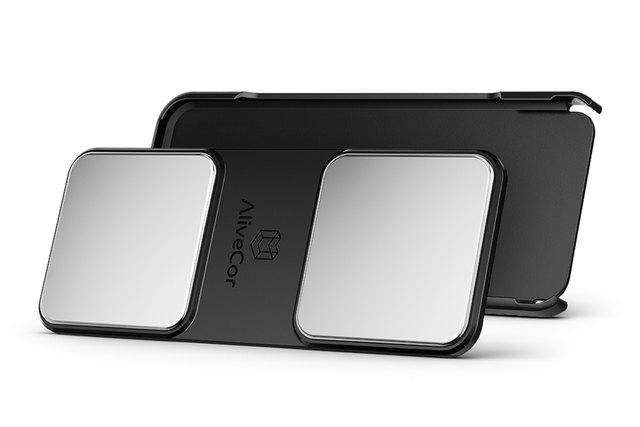
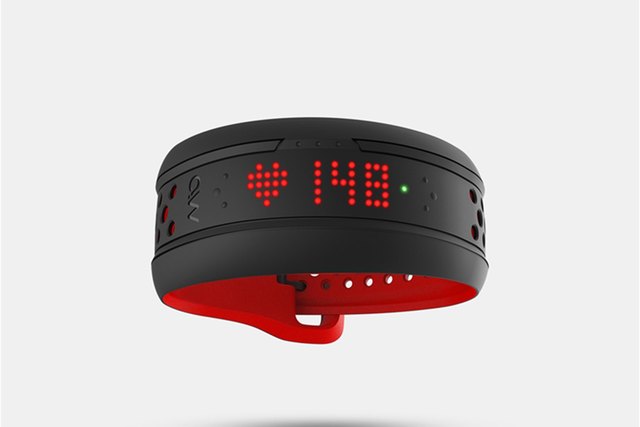
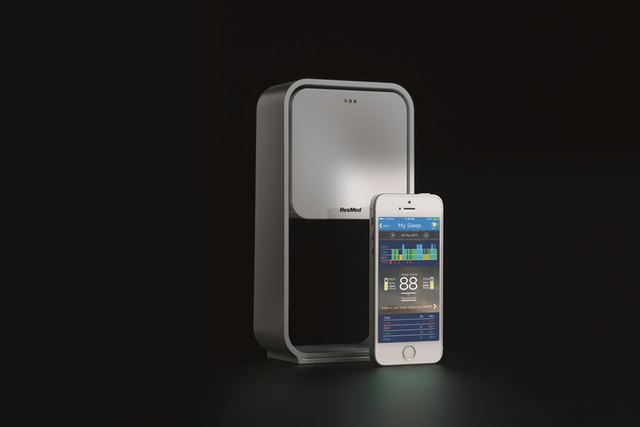
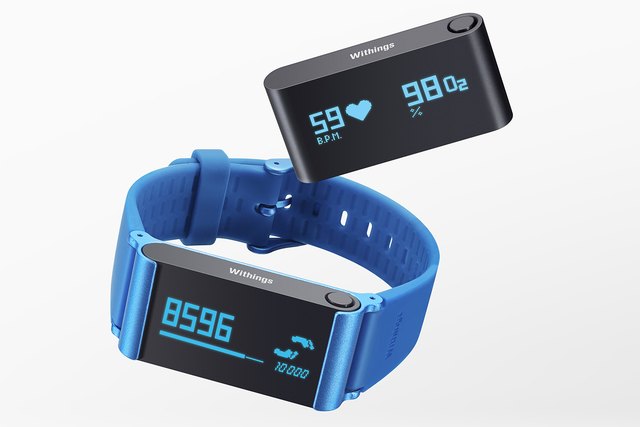
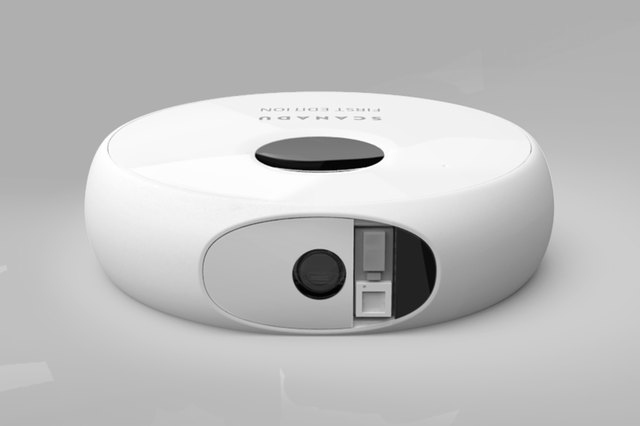
7. Omron 10 series blood pressure monitor
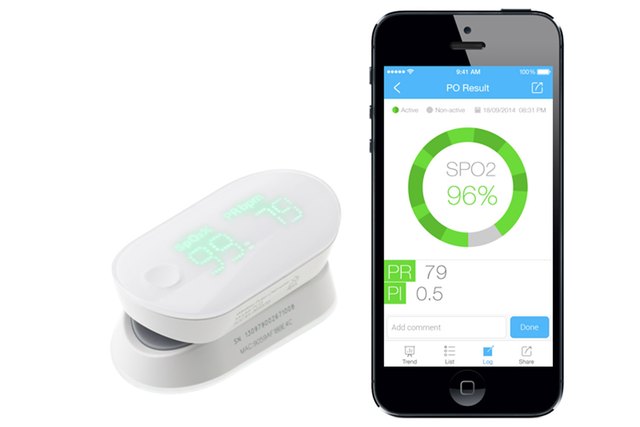
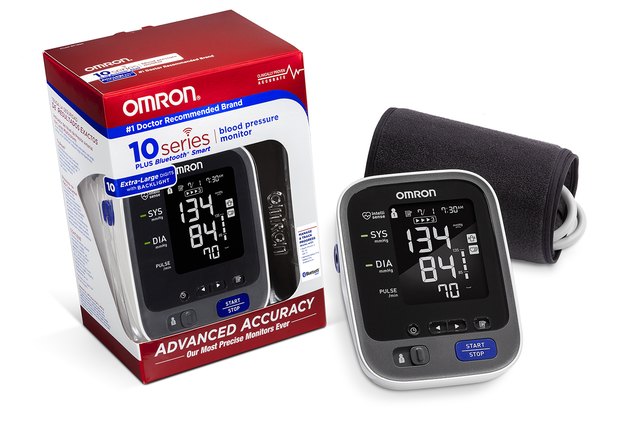
What do you think? Have you followed your vital signs at home? What kind of equipment are you using? Have you ever used these devices to check your heart health? What's your opinion? What else have you done to make sure your heart is healthy? Please let us know in the comments below!
